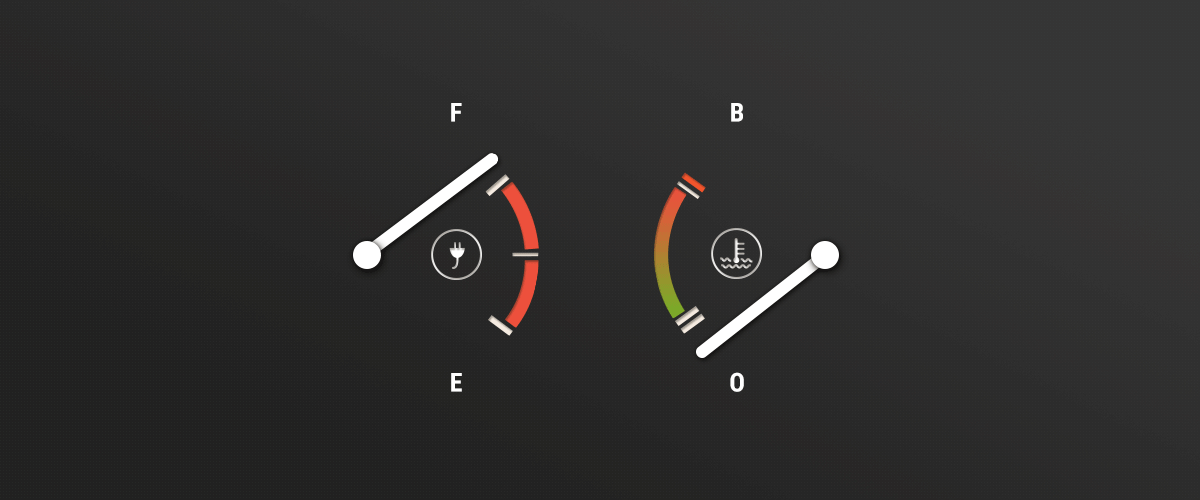Sometimes, a question is asked about the efficiency of an electrical heater This question cannot be answered easily.
Basically, the conversion of electrical energy to thermal energy is "without any losses". If the cross sections of the feeders are very large, the complete conversion occurs in the electrical heating element. In practice, this of course results in losses in the feeder (i.e. the feeder will also become hot).
But where does the feeder begin?
Basically, in the power station. The efficiency of electrical energy generation up to the load seldom is above 50%. If the feeder is neglected in this consideration, the efficiency of an electrical heater (related to the conversion of the energy) is 100%. Practically, only the quotient of energy used and useful energy is of interest. And this extremely depends on the design and the control system. If I have a massive block which I have to heat up, then the heating-up process uses much energy. If I cannot use this energy (and the energy dissipated to the environment during the cooling process as well), the efficiency will be reduced strongly.
Result: an efficiency of an electrical heater cannot simply be specified; rather, it must be determined with reference to the design and the application. The heatsystems team will readily support you during an optimization

